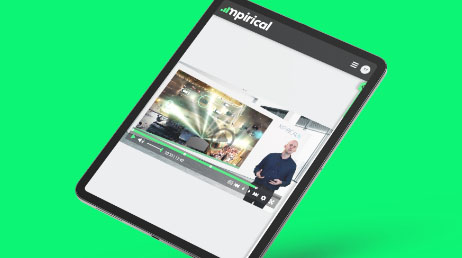PCM Pulse Code Modulation
Pulse Code Modulation is the process in which an analogue signal is encoded into a digital bit stream. The analogue is first sampled, then quantized and finally encoded into a bit stream. The most common version of PCM enables one voice circuit to be represented by a 64Kbps stream. Other versions of PCM exist such as ADPCM (Adaptive Differential PCM) which enables lower bit rates to be achieved.









